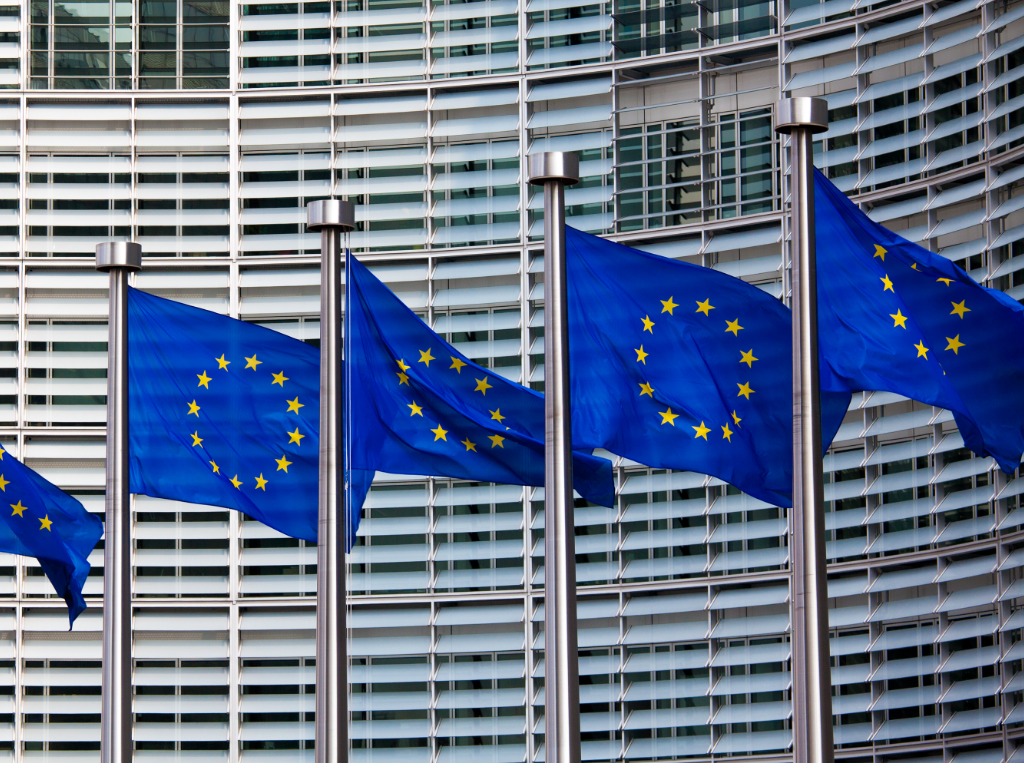EU Lawmakers Move to Toughen, Expand Green Bond Rules
The EU Parliament’s Economic and Monetary Affairs Committee announced a series of proposals on Monday that would create more stringent rules for the EU Commission’s planned EU Green Bond Standard (EuGB), and go further in regulating the entire green bond market.
According to the committee, the proposals aim to improve transparency and supervision for the green bond market, and reduce greenwashing, or the overstating or exaggeration of claims of environmental credentials.
Socialists and Democrats MEP Paul Tang, responsible for preparing the text of the committee’s position, said:
“We are serious about ending greenwashing. When this regulation becomes law, simply saying your firm’s bond is green will no longer be good enough.”
The European Commission launched its EuGB regulation proposal in July 2021, as part of a series of initiatives aimed at promoting a more sustainable financial system and help facilitate the necessary investments to advance the EU’s and global climate goals.
The proposed green bond rules were designed to help facilitate the financing of sustainable investments through the creation of a ‘gold standard’ for how companies and public authorities can use green bonds to raise funds on capital markets, while meeting rigorous sustainability requirements and protecting investors from greenwashing.
The EU Council greenlighted the EuGB proposal last month, advancing negotiations on the final rules to the EU Parliament. With the new announcement, the committee introduces several changes to the EU Commission’s proposal.
The new proposals would significantly widen the scope of the new regulations, with rules covering the entire green bond market. The rules would require alignment with the EU’s new taxonomy regulation, regarding the use of proceeds from green bond issuances, and require issuers to provide safeguards to ensure projects funded by green bonds “do not harm people or planet.”
The proposed rules for the green bond standard would require all issuers using the EuGB label to have verified climate transition plans in place, along with processes to identify and limit the principal adverse impacts of their activity. Additionally, stronger supervision rules were included to ensure that external reviewers have fewer conflicts of interest, and enabling companies who fail to follow the rules to be banned from issuing EuGBs.
The committee’s proposals also ramp accountability for EuGB issuers, by providing investors with legal recourse if the value of the green bonds falls if the issuer fails to comply with the rules.
The new rules would also require companies allocating green bond proceeds to finance nuclear energy or fossil gas related activities to add a statement on the first page of the EuGB factsheet. The inclusion of nuclear and gas as ‘green’ activities in the EU Taxonomy has been controversial, with several member states announcing plans to fight the move.
Tang said:
“Parliament is giving a clear signal before negotiations with Council. The European Green Bond Standard needs to be fully aligned with the EU taxonomy for it to become the gold standard in the international green bond market. And with transition plans, we put European Green Bonds at the heart of companies’ transitions to a sustainable economy.”





